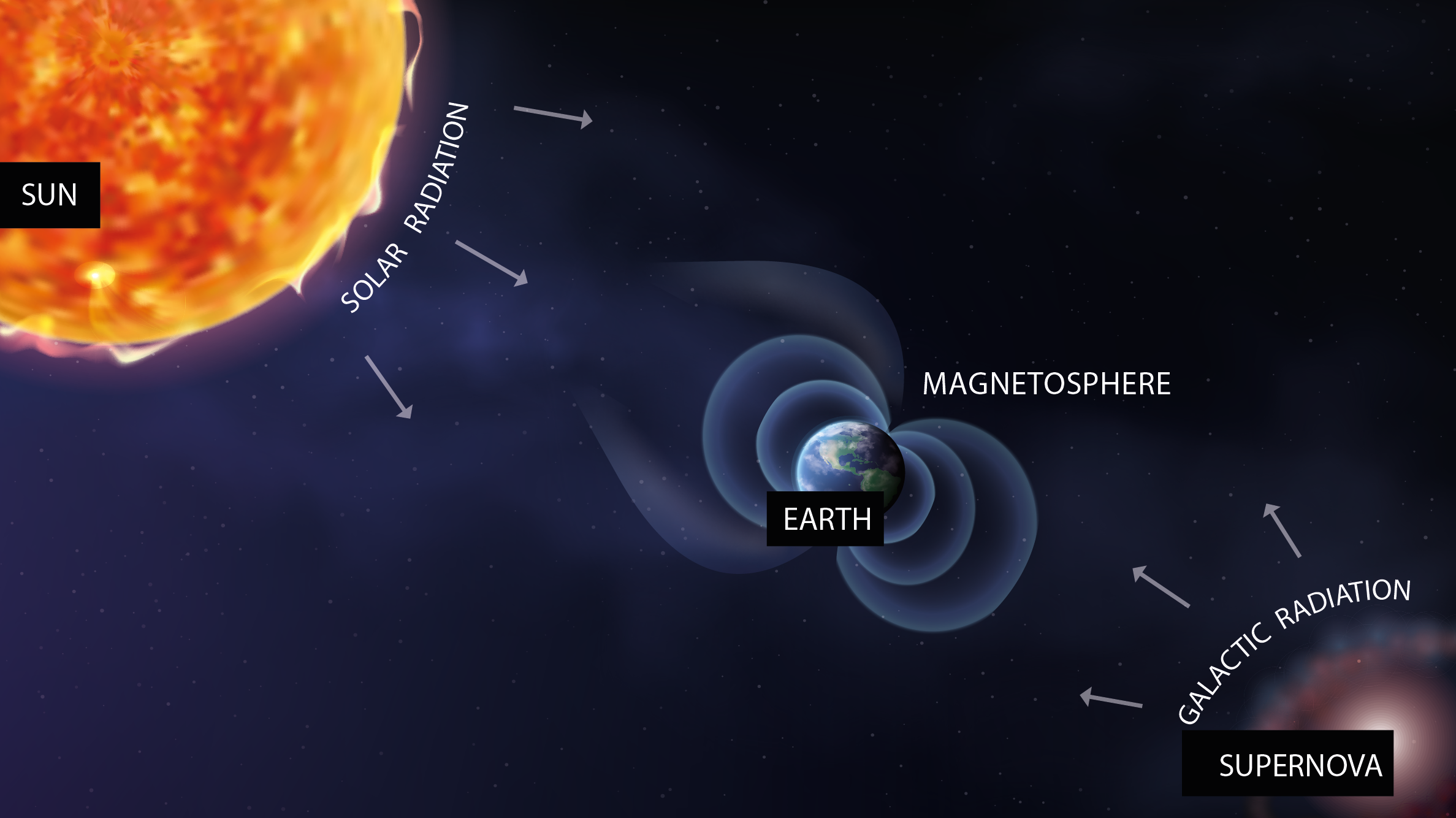Cosmic rays are high-energy particles that originate from outside our solar system, including protons, electrons, and atomic nuclei. They are constantly bombarding Earth and all objects in space, including astronauts and spacecraft. The study of cosmic rays and their effects on human health and spacecraft technology is an ongoing field of research.
One of the primary concerns with cosmic rays is their potential impact on human health. Exposure to cosmic radiation can lead to damage to DNA, which can increase the risk of cancer and other health problems. Astronauts are particularly vulnerable to these effects due to their prolonged exposure to cosmic rays during long-duration space missions. To mitigate this risk, spacecraft are designed with radiation shielding to protect astronauts from exposure to cosmic rays.
In addition to their effects on human health, cosmic rays can also impact spacecraft technology. High-energy particles can cause electronic malfunctions and disrupt communication systems. These effects are particularly concerning for long-duration space missions, where reliable communication is essential.
To better understand the effects of cosmic rays on human health and spacecraft technology, ongoing research is being conducted. This research includes ground-based studies using particle accelerators to simulate cosmic ray exposure, as well as studies of astronauts on the International Space Station. These studies have provided valuable insights into the effects of cosmic rays and have helped to inform the design of radiation shielding for spacecraft and the development of new medical technologies to mitigate the health risks of cosmic radiation exposure.
Overall, the study of cosmic rays and their effects on human health and spacecraft technology is an important area of research, particularly as we continue to explore space and plan for future long-duration missions to the Moon, Mars, and beyond. Ongoing research in this field will be essential for ensuring the safety and success of these missions.

